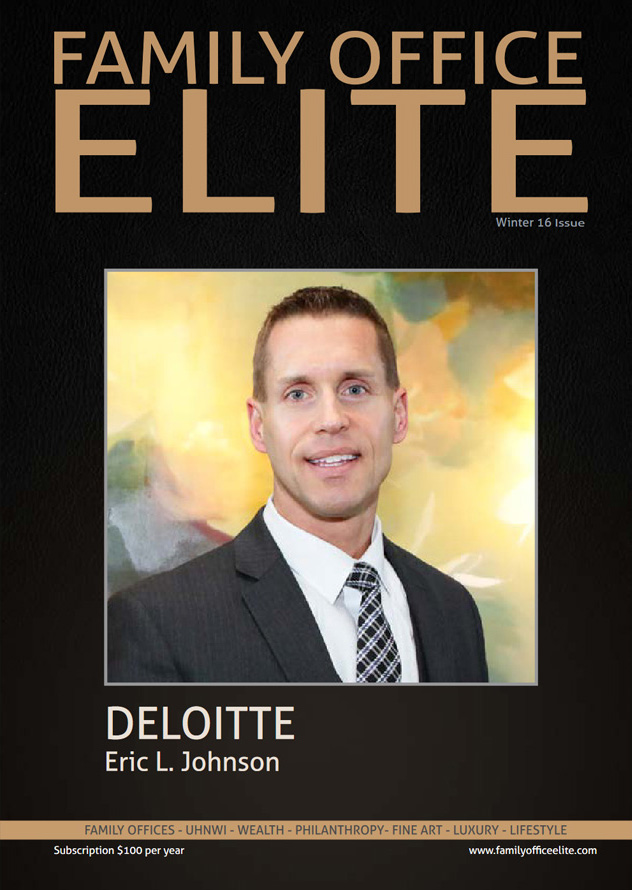By: Steven Abernathy
Download a PDF version of this article

Hint: It’s Not Money
Baby boomers and elders (those above 76 years of age) were surveyed in the Allianz American Legacies Pulse Survey and assets were not found to be the most important inheritance going to heirs. Rather, learning and embodying the values of the family was viewed as far more significant.
According to US News & World Report, which reviewed the survey, 86% of baby boomers and 74% of elders valued family stories as very important for keeping family history and memories alive. While between $30 trillion and $12 trillion will be passed down to baby boomers in the Great Wealth Transfer, people thinking about their estates and inheritances continue to believe that passing along personal and family values are their main legacy.
Why? These highly personal lessons, when heeded, may prepare young people for the complexity of real life—the previous generations’ collective wisdom, learned only by experience, can be passed down, shared and discussed inter-generationally. The older generation will not only be remembered but, has an opportunity to contribute as well as express their hopes for the next generation.
Curated conversations within wealthy families can be highly useful – particularly if they are structured to include living wills, health directives, details about key financial documents and conversations about what parents want their children to know. The ethical wills by their nature generally express what often would otherwise go unsaid and bequeath intangibles. An ethical will isn’t a legal amendment nor is it a substitution for a Last Will & Testament which bequeaths material assets. How they are structured varies from family to family – as well as what each family chooses to include.
Questions might focus on business relationships and topics – such as how a family business grew, thrived and what it took to get there. Many families do not have a formal document detailing anecdotes which could be useful to future generations. In addition, questions could focus on character, ethics and influences. The head of a family might offer 5-10 significant single words (i.e., determination, character, courtesy, education, humor) to connote the values s/he deemed most important on a daily basis.
Family history is another area where there are often stories and secrets left unsaid. When something might not seem important one day, future generations might find great significance in it later—particularly if the family’s course is changed by someone’s decision to move, begin a new business or make another grand life change.
Creating a thorough ethical will might bring up difficult conversations. This is why it is often helpful to have a facilitator on hand as an objective guide. It takes courage to consider one’s contributions in life authentically.
Consider – what ideas, beliefs, life lessons, stories and other details are essential to share with the next generation and, if not captured, will be lost? Heads of families might consider an in-person ethical will planning session, independent of a succession planning strategy meeting, to answer the following questions:
- Do your heirs know how you define success? Describe it—as well as what qualities you think are essential to achieve it.
- Do you have business relationships that your family may not know that you want to continue? Who should take the reins of responsibility?
- How would you recommend your heirs avoid the mistakes you may have made?
- What are the accomplishments you are most proud of within your family and why?
- What values or beliefs are of special significance to you?
- What challenges confront your family today? If you have any helpful insights or suggested ways to handle these challenges, discuss them here.
- What are your greatest life lessons? How have they influenced you?
- Do you have any experiences you would recommend to your heirs as “musts” for their lives?
- Do you have any regrets?
- Are there specific charities you would like supported? Why?
- What are the family’s most important stories? Why?
Talking to heirs about values on a regular basis is an important step. It paves the way for preserving open communication, continuity, shared values and as a by-product increases the likelihood of preserving the family fortune.
When heads of families lead with intention, the next generation is given the tools and ideals to live with purpose, meaningful standards and a wise plan. The Conversation Project is a great starting point. Asking questions helps avoid, as director John Huston said, “skimming the surface of life” and living with purpose and intention.
For more information, contact: sabernathy@abbygroup.com or call 212-293-3469.
Click here to view this article in the original magazine publication


